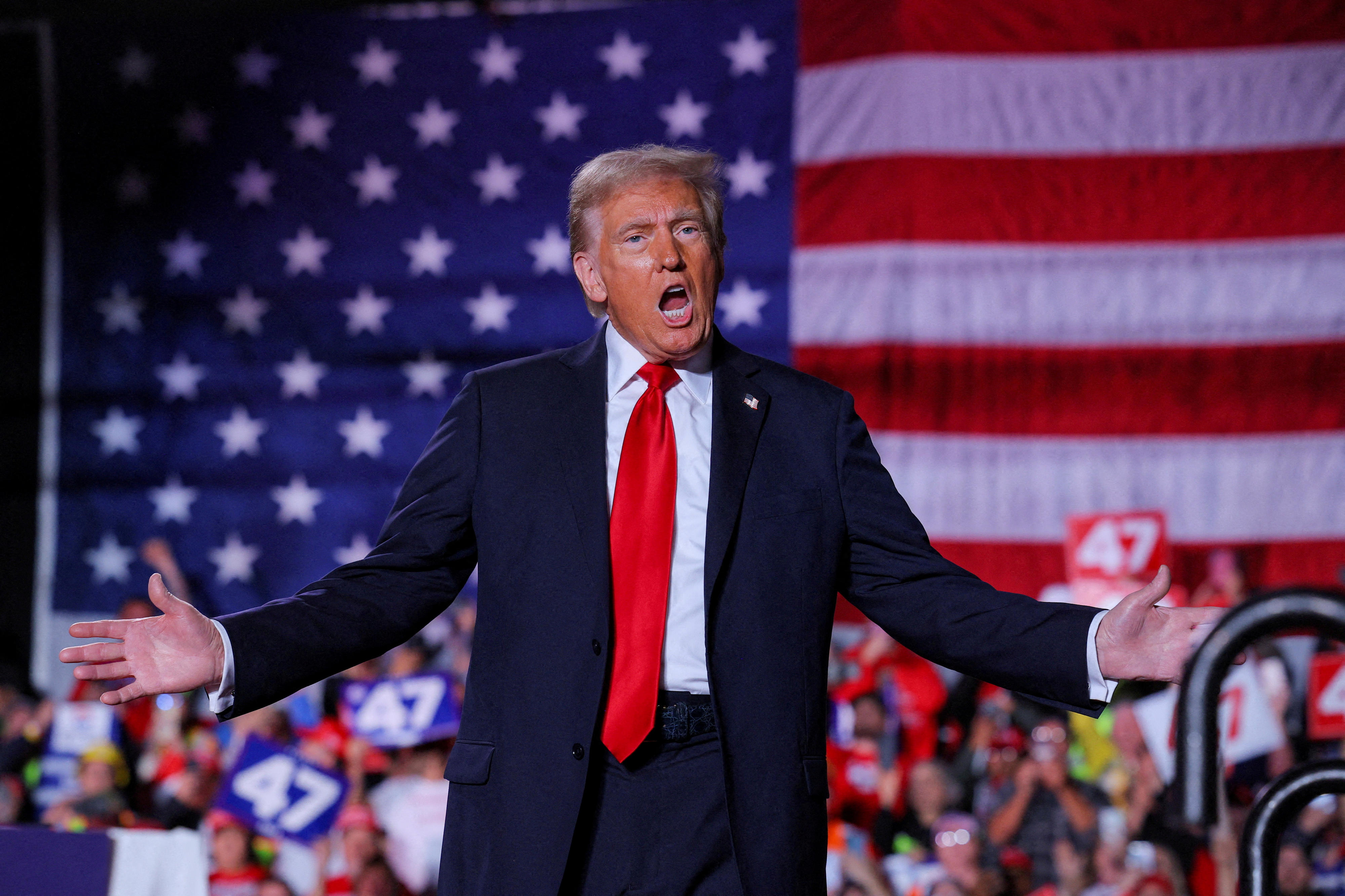Buruuli pushes for local dialect teaching in Nakasongola schools

Buruuli cultural leaders inspect palace construction works in Kibira Village, Nakansongola District in November 2024. PHOTO/DAN WANDERA
What you need to know:
- The ethnic Baruuli, who claim they are an independent cultural institution within Buganda Kingdom, have for long been pushing for secession.
The Buruuli clan leaders’ council has been tasked to start sensitisation programmes aimed at fulfilling the plan.
The Buruuli cultural institution in Nakasongola District has adopted a five-year strategic development plan (2024-2030), targeting the mobilisation of its subjects for the different development projects and ensuring that children learn the culture and language in schools.
Under the plan, the Buruuli clan leaders’ council comprising 129 clan heads have been tasked to start mobilisation and sensitisation programmes targeting the identification of particular cultural practices that face erosion while discarding foreign cultures that clash with African traditional cultures.
“Some of the foreign cultures, including female genital mutilation, undermine the dignity of our people. You have heard about homosexuals among other foreign cultures that are finding their way into our society. It is our duty to start teaching our culture in schools,” Isabaruli Constatine Mwogezi Butamanya told the council at the weekend.
He added that the planned roll-out of the proposed industrial city for Nakasongola by the central government is a welcome development strategy for the people of Buruuli.
“The Baruuli should jeaously guard against possible cultural erosion resulting from the influx of the different groups of people that will soon join the new city. Our strategy is to enhance the sensitisation, and mobilisation of the Baruuli to revamp the cultural values that face extinction,” the Isabaruuli said. The cultural leader also described as “very disappointing” the practice of some clan heads attending official cultural meetings without donning the cultural attire.
Buruuli has prioritised the establishment of a museum to house some of the artefacts linked to the cultural institution.
Mr Mohammed Bagonza, the speaker to the Buruuli Clans’ Council, said the museum will promote cultural tourism once it is accredited to international standards. “I believe that all the 129 clans thatconstitute the Buruuli cultural institution have artefacts, and literature will be housed at the museum. It is our duty as the people of Buruuli under the guidance of the Isabaruuli to build and sustain our rich traditional culture. All the other cultural institutions that have grown stronger jealously guard their culture from destruction,” he said. Mr Sam Kasirye, the Buruuli prime minister, told the clan heads that the construction works for the palace at Kibira Village estimated to cost about Shs4.5 billion will partly boost the mobilisation strategies for the realisation of the five-year development plan. “Government has committed about Shs500 million for the ongoing works but the good news is that the same government has a new commitment to have the palace constructed,” he said In 2021, the Buruuli cultural institution launched the Ruruuli-Lunyala Dictionary.
The institution has also translated the Holy Bible from English to the Ruruuli/ Lunyala language. Mr Musa Kato Musoke, the brain behind the translations of the bible and dictionary, among other literature, told the Daily Monitor that teaching the Ruruuli culture in schools will be possible because they have the written literature.
BACKGROUND
The ethnic Baruuli, who claim they are an independent cultural institution within Buganda Kingdom, have for long been pushing for secession.
The same claim is being made by the Banyala in Kayunga District and Bakooki in Rakai District.




